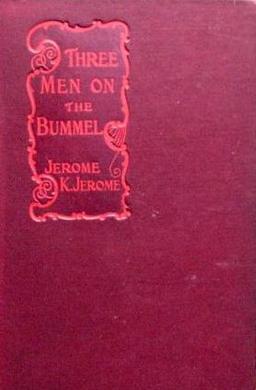Originally posted by erobitha
View Post
It's a fair point and I agree there are very real problems with ngrams, but isn't that why we have to use our brains?
It seems fairly obvious why the graph for "****" would look like this.
Two explanations come to mind. Typefaces were more elaborate in the 17th and 18th Centuries. Printing, meanwhile, was often of poor quality. Many of those early hits are probably OCR errors----"puck" and even "luck" are being misread by the software.
The other explanation is that it was a more licentious age and the word "****" WAS actually being used. (Rochester and some of the British satirists come to mind).
In the 19th Century, when prudery and self-censorship abounded, we no longer see the word in print very often, especially in newspapers and periodicals.
The word explodes again in the 1950s and 60s, when even journalists and certainly pulp writers start using it in articles and books.
Thus, there is a rational explanation for why the ngram looks like this.
What is your explanation for the ngram of "bumbling buffoon"?
Was it a dirty phrase that wasn't finding its way into print in an age of censorship? Or was it just not in circulation?
Since we now have the ability to search archives and confirm its use as plotted by the ngram, why are you so willing to throw out the tool?


Comment